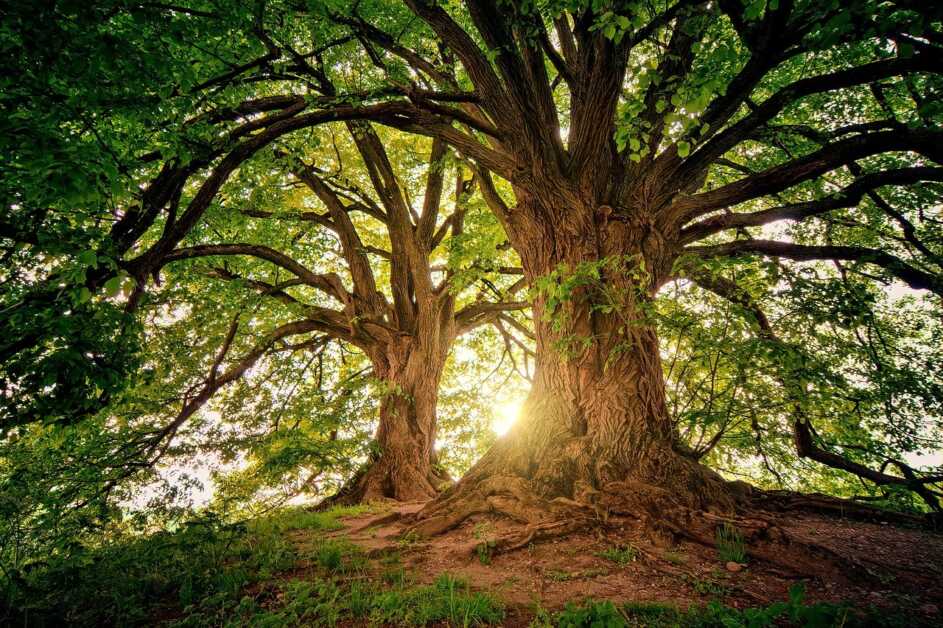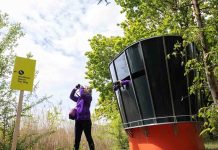A new report published by the Woodland Trust brings together evidence which highlights a barrage of compounding threats which could have catastrophic consequences for the UKs woods, trees and the flora and fauna within them.
The ‘State of the UK’s Woods and Trees 2021’ report, examines the data and evidence behind the health of the nation’s woods and trees. It is the first of its kind to focus on native woods and trees, which are such an important part of our natural and semi-natural habitats. It shows that five major threats are compounding to result in negative impacts that could spell disaster for wildlife including plants, birds, butterflies and insects.
The major threats include: Poor woodland condition, Climate change affecting woodland lifecycles, Direct loss and resulting fragmentation, Pests, diseases and pollution and Slow rate of woodland expansion.
The trust says that a healthy society needs healthy woods and green spaces, not only to help tackle climate change, but also greatly benefits people’s health and wellbeing.
Abi Bunker, from the Woodland Trust, said: “The warning signs in this report are loud and clear. If we don’t tackle the threats facing our woods and trees, we will severely damage the UK’s ability to address the climate and nature crises. Our wildlife havens are suffering, and we are storing up problems for future generations.
“The first step is setting legally binding targets for the recovery of nature, including our precious and irreplaceable ancient woodlands and trees. The Government’s new Environment Bill must provide the foundation for ambitious, effective and well-funded woodland policies and grants so that landowners and communities can protect, restore and create wildlife-rich, healthy wooded and treed landscapes, in towns, cities and the wider countryside. There is no success in hitting creation targets if our existing woods and trees are struggling and in decline.”
Just under six months ago, Hillingdon Council worked with Ruislip Woods Trust to acquire Copse Wood in Ruislip, making it part of the council-owned Ruislip Woods National Nature Reserve. The nature reserve consists of 726 acres and constitutes 10 per cent of ancient, semi-natural woodland in Greater London.
Further information about Ruislip Woods National Nature Reserve, including walking routes, can be found on the council’s website: www.hillingdon.gov.uk/leisure.





